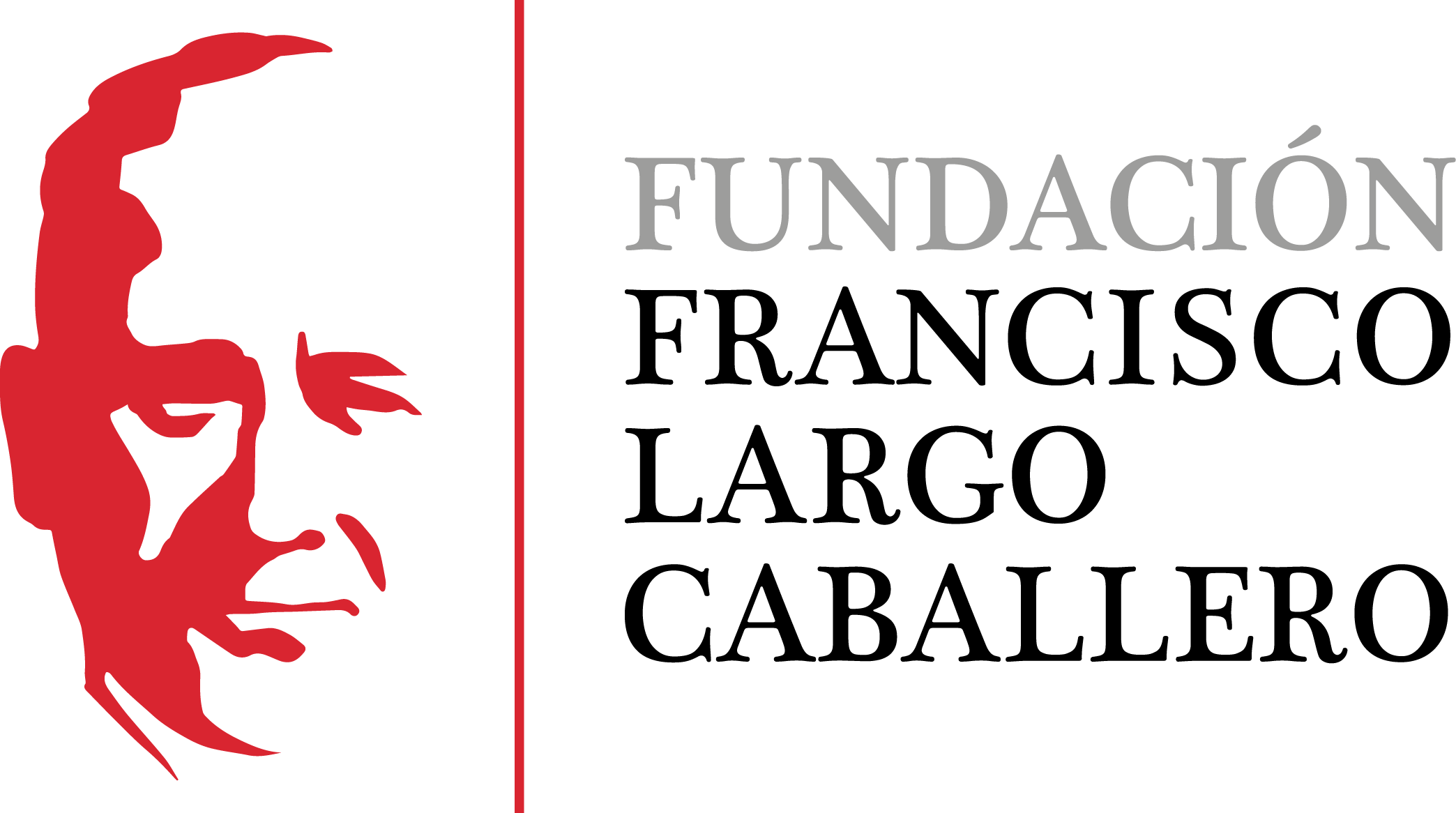Liberal State, culture and feminism in the first decades of the 20th century in Japan
Hiratsuka Raichō’s leadership
DOI:
https://doi.org/10.69791/rahc.149Keywords:
Feminism, maternalism, women’s organizations, Japanese history, gender studiesAbstract
This paper analyzed the Japanese feminist movement in the framework of the Nation-State arising after the Meiji Restoration, which implemented liberal reforms and projects to modernize the country during the transition from 19th to 20th century, according to western standards. It addresses a doubly subordinated subject, “eastern” and “feminist”, through the reflections about women’s history, cultural history and Edward Said’s Othering theory, reflected on their collective, organizational and subjective aspects, from the leadership of Hiratsuka Raichō and other feminists, presenting their cultural initiatives and the controversies on maternal thinking and the role of the State in issues such as childbearing and childcare.
Downloads
Global Statistics ℹ️
|
96
Views
|
20
Downloads
|
|
116
Total
|
|
Downloads
Published
How to Cite
Issue
Section
License
Copyright (c) 2013 Akemi Saito

This work is licensed under a Creative Commons Attribution 4.0 International License.
Alcores is an open-access journal. It provides unrestricted access to its content from the moment of publication. We respect intellectual property rights, and for this reason, the author retains the copyright. All content is distributed under a Creative Commons Attribution 4.0 International (CC BY 4.0) license. The terms of the license can be consulted at: https://creativecommons.org/licenses/by/4.0/
This license allows sharing (copying and redistributing the material in any medium or format) and adapting (remixing, transforming, and building upon the material for any purpose), provided that authorship and first publication in this journal are properly credited, a link to the license is included, and any changes made are indicated.
This type of license facilitates the freedom of reuse and ensures that the content of this journal can be used to meet research needs.





